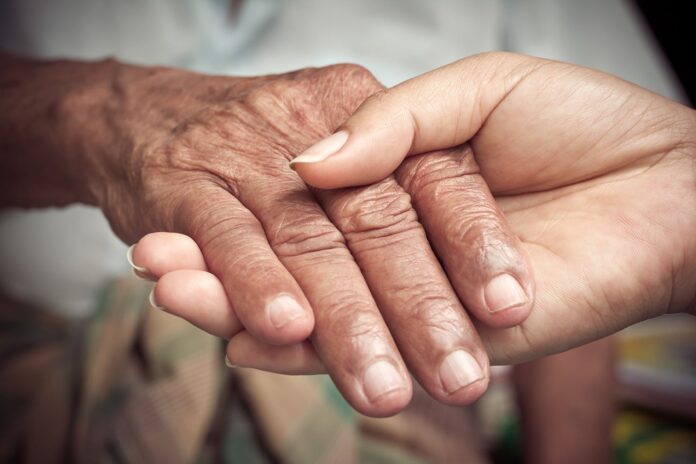I want to tell you my story and why it is so important to me to have the right to live in my own home and get the support I need.
I was born in 1966 with cerebral palsy and an intellectual disability. I entered a world that had low expectations for me and people like me. Professionals told families like mine that they should put people like me in an institution. For my family, professionals said that I might take attention away from my non-disabled sisters if I was raised at home. They said that I could never go to college, that I could never get married, that I could never have a career and that I could never have my own family.
After a childhood at home, some professionals and my parents thought it would be a good idea for me to be placed in a private institution. Without me being a part of the decision, or even including me in the conversation, they decided that I should live in an institution.
In that place, I was surrounded by other people with disabilities and separated from my family and from the community.
This was wrong.
The institution where I lived got me a job in a sheltered workshop without consulting me. A sheltered workshop is a place where people with disabilities are kept together, can be paid less than minimum wage and are given work that is often not meaningful. When I told my family I hated the job at the workshop, I was moved to a job in a library and told that all I could ever be was a person who put books away on the shelf. I got to do that job, but that was not the job that I wanted, or a job that I chose.
Today, I live in my own home, and I have a career that I have always dreamed about. Now I go to Capitol Hill and advocate for policies that will improve my life and the lives of my friends in the disability community. I work full time advocating for people with disabilities. I also host a YouTube series talking to people about public policy in a way that people with disabilities can understand.
I live with my husband in my own apartment, but I need help. I have a loving family and a loving husband who also has a disability. We need home and community-based services to live our lives. Our direct support professional (DSP) helps us clean out our refrigerator to understand food can expire and to keep us safe. She helps me shop for clothes so I understand about money. She also helps us stay organized and advises us on our finances, so we don’t get in trouble with our money. This is what we need.
Some of our friends need much more support than we do. We are lucky that we have these services. Millions of people with disabilities don’t and many have to wait years to get support. We need to expand the option for home and community-based services to make choice a reality for people like me. The Better Care Better Jobs Act would make sure that people with disabilities are able to choose to live in the community with the help they need.
It makes me angry when people think I would be happier in an institution. It makes me angry when people think living in an institution is the only thing that’s possible for me. The truth is, people with disabilities can and do live in communities, outside of institutions. It is home and community-based services that makes that possible.
In the self-advocacy community, there is a saying that we hold very dear to our hearts: “Nothing about us without us.” This means that if there is a decision of any kind about us, we expect to be part of the conversation; even to lead the conversation.
Medicaid still requires states to provide institutional care. To have a real choice, we need real access to home and community-based services. The Better Care Better Jobs Act would provide those services and make it possible for me, my friends and all people with disabilities to have real choice.
Liz Weintraub is a senior advocacy specialist at the Association of University Centers on Disabilities.
Credit: Source link










